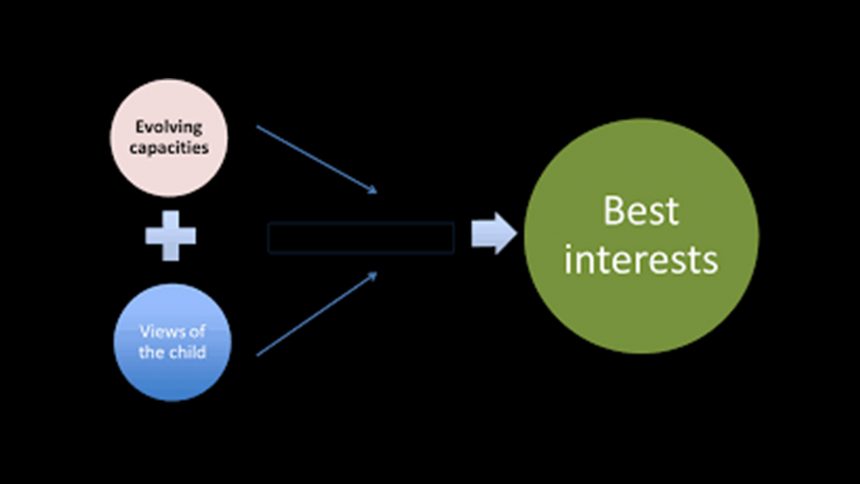POCSO ( Protection of Children Against Child Sexual Abuses) was passed in the year 2012 with an intention to ensure that there was a specific law to address the rising numbers of Child Sexual Abuses case in India. The law specifically was meant to push for a need for a community driven response to silence around child sexual abuse that was happening in spaces that we once considered safe : Family and Institutional set ups. There is hardly any conversation happening around sexual abuse within our families, and children as a category are often left alone to handle these situations.
There is a belief that schools will take care of the issue of child sexual abuse, and parents believe that school will handle the issue of child sexual abuse. Most often teachers and parents are ill equipped to handle the issues of sexuality and doubts around sexual abuse. Even if children want to talk, due to lack of safe spaces children and adolescents will left out.
In our work at Hidden Pockets Collective, we have a lot of young people who reach out to our social media platform to talk about their confusions, their curiosities around sexuality.They can be as young as 12 years old or someone who is just about to turn 18 years old. They look at internet as safe spaces and this is where the conversations are happening. Do children feel more comfortable with strangers than their own safe home spaces or schools?
These are some of the questions that POCSO needs to look at. But instead what it does is painstakingly list of activities that children need to be protected against. Since it employs a protectionist lens, POCSO goes in great detail to enlist the various activities that could be seen as a sexual offence. The list could include various physical activities as holding hands, kissing, fondling as acts that could put people behind the bars. A child could not and should not be forced to experience anything against their wishes.
Even though it had its intentions from a good space, POCSO does not seem to protect the rights of all children.
POCSO has not been able to capture the nuances of evolving child and this is where it requires more understanding around children and adolescents and their needs. For POCSO all individuals below the age of 18 years old, were seen as children who require protection and that premise has not really held true in a lot of cases.
This is where intentions of POCSO come directly in conflict with how society understands or deals with Child Sexual Abuse. Various studies have shown that most of the cases under Child Sexual Abuses are happening inside the homes or spaces that children consider as safe spaces. These cases don’t get reported. These cases often have perpetrators as people who are in position of trust and authority.
Since there is silence around child sexual abuses in homes and schools, what is being picked dup by POCSO are cases where perpetrators are children below the age of 18 years old. Now this is the part, which law was not at all prepared for.
Law likes a good victim and it likes a good perpetrator, what it does not understand is categories that blurr. And POCSO is a great example for this.
In Hidden Pockets Collective work with Juvenile Homes in Karnataka, what was astonishing to realise that a lot of young children were in observational homes due to charges of POCSO. A lot of these children were booked under for activities as simple as writing love letters or holding hands.
This has led to some interesting questions around our understanding around children and their knowledge around relationships.
- Can these be seen as activities amounting to sexual offences?
- Dont we need to protect these children as well?
The moment we talk about sexuality in regard to a child, we always use the language of sexual abuse. It is the violence lens that we employ, which often leave children who don’t directly fall in the category of victim of sexual violence.
Who are these children who might not directly fall under the category of victim of child sexual abuse?
Children who were involved with other children in activities that is often considered as sexual offence, but might not be sexual offence when seen within the lens of evolving capacity. uChildren who developed crushes and declared their love for fellow classmates, children who were caught hand holding, or children who wanted to kiss each other. These are some of the activities that somehow POCSO does not have enough space to talk about. All these children are not children of sexual abuse but victims of POCSO, which has resulted more and more children ending up in institutional systems.
Where does the protection of these children fall under?
Adolescents often are clubbed under as children are often treated in the same way. Adolescents have different requirements and often have different understanding around relationships, sex or in general sexuality. What law fails to do is, acknowledge the evolving capacity of adolescents, and ensure that needs of adolescents are not hampered by protectionist laws.
POCSO really has an opportunity to ensure that it becomes a positive role model law, that it decides the case based on the intention of law, where we keep remembering the fact that POCSO was to protect the helpless children whose consent is violated, who were not in position to protect themselves. It should not punish children who were just experimenting or who were just curious. We dont want to put our children behind the bars for failed relationships or activities that could have been harmless. We dont want to destroy the future of children just because they kissed someone.

